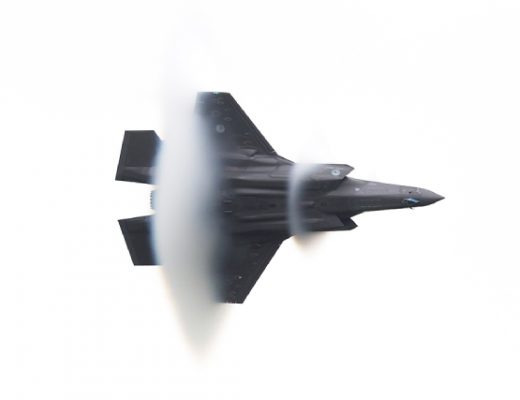Plastic has been the go-to packaging material for many of the snacks we enjoy today, and you’ve likely noticed the unmistakable crackling sound it makes when unwrapped. This noise is particularly noticeable in quiet…
-
-
From smartphone screens to prescription spectacles, we encounter plenty of transparent and clear objects in our day-to-day lives. And as many are now aware, these fragile items are highly susceptible to cracking and may…
-
When we hear the term “shockwave,” it often evokes dramatic images: the powerful blast from an explosion or the aftermath of a supersonic jet. In everyday language, we even use “shockwaves” metaphorically to describe…
-
The fast-paced nature of today’s society has led many people to actively streamline their various activities throughout the day, which can save them anywhere between seconds to minutes of valuable time. This may not…
-
Mass and weight tend to be used interchangeably nowadays, but as you may remember from taking physics tuition, they’re actually quite different. Weight measures the pull of gravity on an object, whereas mass represents…
-
The speed of light is one of the many universally-known facts that virtually everyone encounters at school and when taking physics tuition. But in the spirit of scientific inquiry, it’s appropriate to delve deeper…
-
Angular momentum is a concept that most people don’t know too much about save for those well-versed in JC and O Levels physics. However, this shouldn’t be the case for figure skaters who leverage…
-
Batteries are an integral part of modern life, powering everything from smartphones to cars. Despite their ubiquitous presence, few people understand the intricate physics and chemistry that allow batteries to store and release energy.…
-
Roller coasters are thrilling rides that captivate people of all ages. These exhilarating machines combine the principles of physics to create an experience filled with excitement, fear, and joy. Behind the loops, drops, and…










